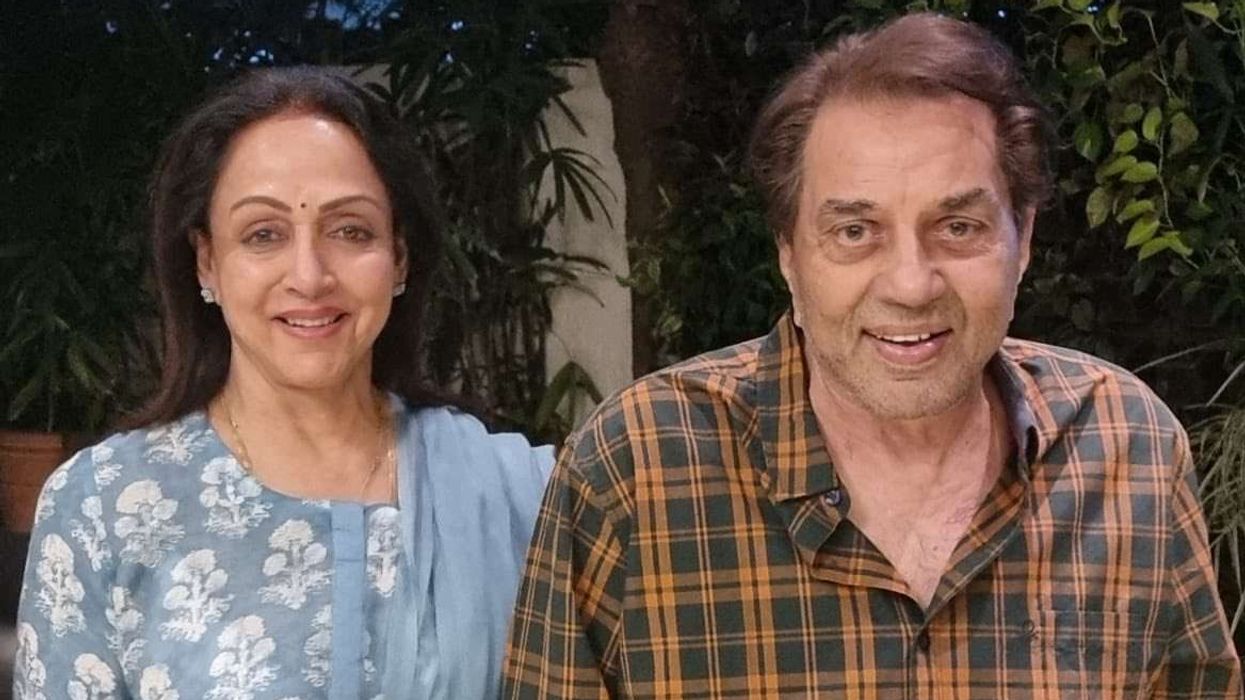FROM a young age, politics was always on the agenda for lawmaker Seema Malhotra.
Aged just 10, the Feltham and Heston MP stood as a Labour candidate in her primary school elections and reportedly argued for better pensions for the elderly. The experience must have had a lasting effect on a young Malhotra, as she went on to join the Labour party when she was 17.
Now acting as the shadow employment minister, Malhotra has come a long way since fighting for equality in her classroom.
She assumed office in the 2011 by-election as the Labour representative for Feltham and Heston with 12,639 votes. Almost a decade later, her popularity has not waned and the 48-year-old has been re-elected three times – in 2015, 2017 and 2019.
She is now two shy of her predecessor Alan Keen’s five constituency wins. While campaigning, Malhotra has said she enjoys meeting local residents on their doorstep and discussing their views. “Talking to people who don’t agree with me are some of the most enriching conversations,” she has said, following the 2019 general election. “You need the confidence to be prepared for whatever comes on the doorstep. People here generally share their views and they do so respectfully.”
She adds: “I think social media taking over is an incredibly dangerous step. People lose personal contact by communicating online; you don’t know whether you’re reading information or misinformation. There’s no substitute for good doorstep relationships and learning from people in those long conversations.”
Following Sir Keir Starmer’s take over as Labour leader last April, he soon selected Malhotra as shadow employment minister. The role has seen her draw attention to the impact the Covid-19 crisis has had on numerous industries. A conference focusing on the future of the UK’s aviation and transport industries was organised by Malhotra in November, discussing the devastating effect that the pandemic has had on the sector.
Of Indian origin, Malhotra has also ensured she uses her voice to represent her local community. In December, for instance, she collaborated with other Asian MPs to urge foreign secretary Dominic Raab to speak with his Indian counterpart on the impact on British Punjabis affected by the demonstrations by farmers against new agricultural reforms in India.
She previously worked as an advisor for Labour MPs Liam Byrne and Ian Austin when they were regional ministers for the West Midlands and worked for Harriet Harman during her tenure as acting leader of the Labour party, after Gordon Brown resigned as prime minister following the 2010 general election. Malhotra also founded the Fabian Women’s Network in 2005, the women’s section of political thinktank The Fabian Society. To date, it has more than 2000 members.
Prior to her role as shadow employment minister, Malhotra served as shadow chief secretary to the Treasury and as the shadow minister for preventing violence against women and girls, where she led on aspects of the Serious Crime Bill for Labour.
Born in 1972, Malhotra grew up in Hounslow with her parents and four siblings – sisters Renu, Kumud, Neeraj and brother Sundeep. Her family were well-known in the local community for their shop Ramsons of Osterley, which sold everything from school uniforms to jewellery.
During her university years, Malhotra studied politics and philosophy at the University of Warwick. She later took a postgraduate degree in business and information studies at Aston University. Following graduation, Malhotra worked as a management consultant for Accenture and PricewaterhouseCoopers.
Malhotra is married to management consultant Sushil Kumar Saluja. They live in Chelsea, south west London.







